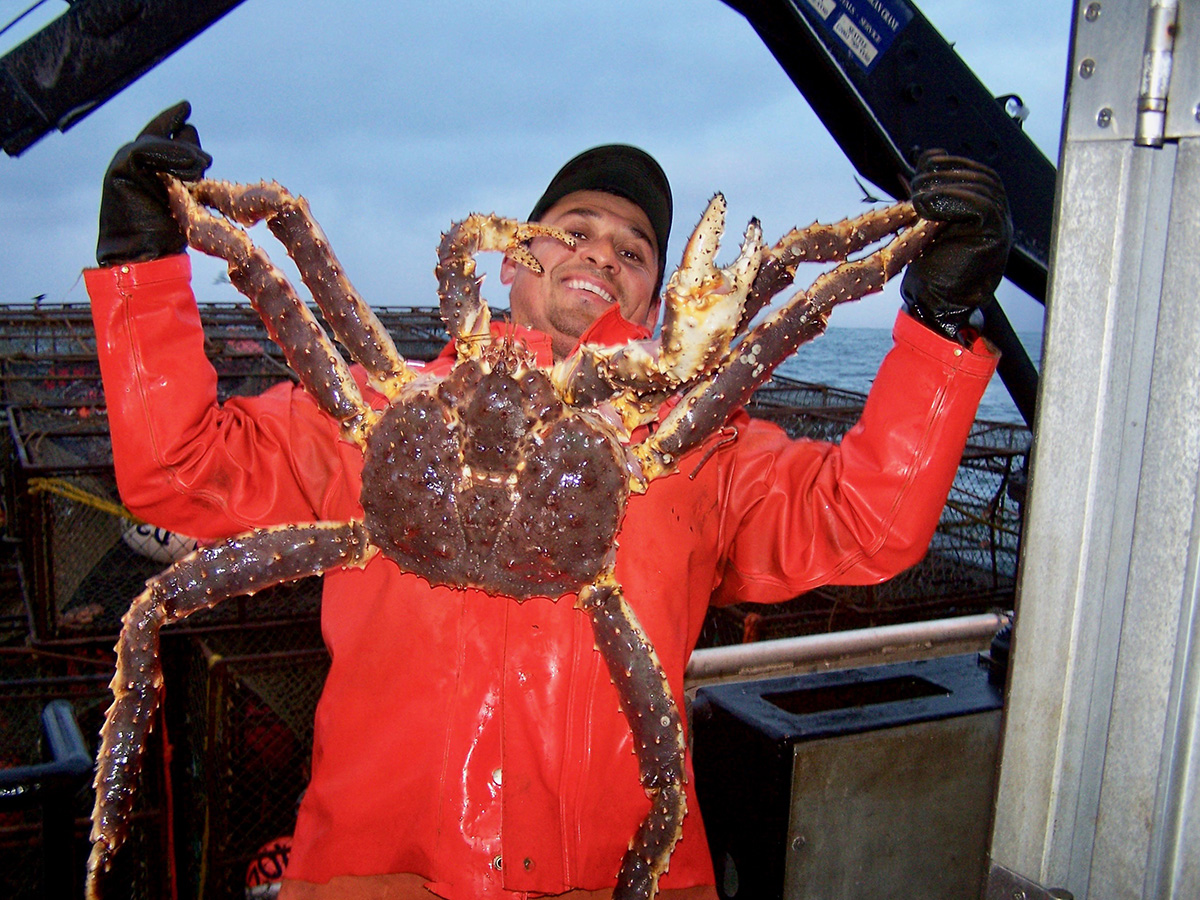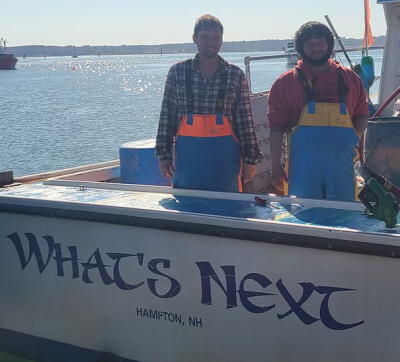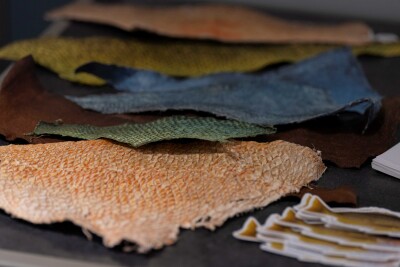Alaska’s red king crab fleet fished on a TAC of just 3.8 million pounds in the Bering Sea during the 2019-20 season — and continued decline in biomass may dash the chances of a 2020-21 season altogether, if population surveys don’t come up with a miraculous discovery of male crab ready to recruit into the fishery.
Low biomass brought king crab closures to the Bering Sea king during the 1983, 1994 and 1995 seasons. The most recent precipitous decline in the TACs began with a TAC of around 20 million pounds for the 2008-09 season, and the crab fleet fished on a TAC of 6.6 million pounds in the 2017-18 season.
Last year’s 7.1-pound average weight for male crab has raised concerns that the crabbers are catching one of the last strong age classes as it matures. The lack of smaller, lighter male crab in catch samples indicates a lack of recruitment of younger age classes into the fishery.
“Our impression right now is that the fishermen have been fishing on the older crab,” says Miranda Westphal, Bering Sea and Aleutian Islands management biologist for the Alaska Department of Fish and Game in Dutch Harbor. Westphal adds that the catch per unit of effort (CPUE) fell to 15 keeper crab per pot during the 2019-20 season, which is down from 20 the year before and way shy of the 38 per pot in the banner year of 2016-17.
“Usually, we’re in the mid 20s,” says Westphal. Fewer keepers indicate a declining population.
As for the fate of the upcoming season, that wasn’t to be announced until October. Biologists will be working with less data this year, as repercussions of the covid-19 pandemic thwarted trawl surveys that are usually conducted each summer.
Last year’s 2019-20 ex-vessel prices for red king crab settled out at a preliminary average of $9.12 per pound, which is a record for dockside deliveries, according to Alaska Department of Fish & Game data in Dutch Harbor. The previous all-time record high ex-vessel price of $9.06 per pound was paid in 2011.







